Infrastructure and COVID-19
Infrastructure are critical in ensuring that basic needs are met during the Coronavirus pandemic, and that the world adapts and transforms after. Metis Center, School of Sustainable Engineering and the Built Environment, and Arizona State University faculty broadly are leading efforts to understand the implications of the pandemic on infrastructure, and how we approach infrastructure both during and after the pandemic. This library consists of emerging thought pieces and content that Metis Center faculty consider to be helpful in thinking about infrastructure implications of the pandemic.
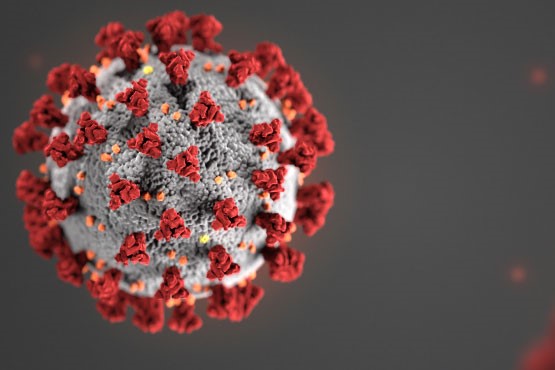
ASU COVID-19 Transportation Resources
Arizona State University
Resources for academics and research efforts focused on COVID-19 and transportation.
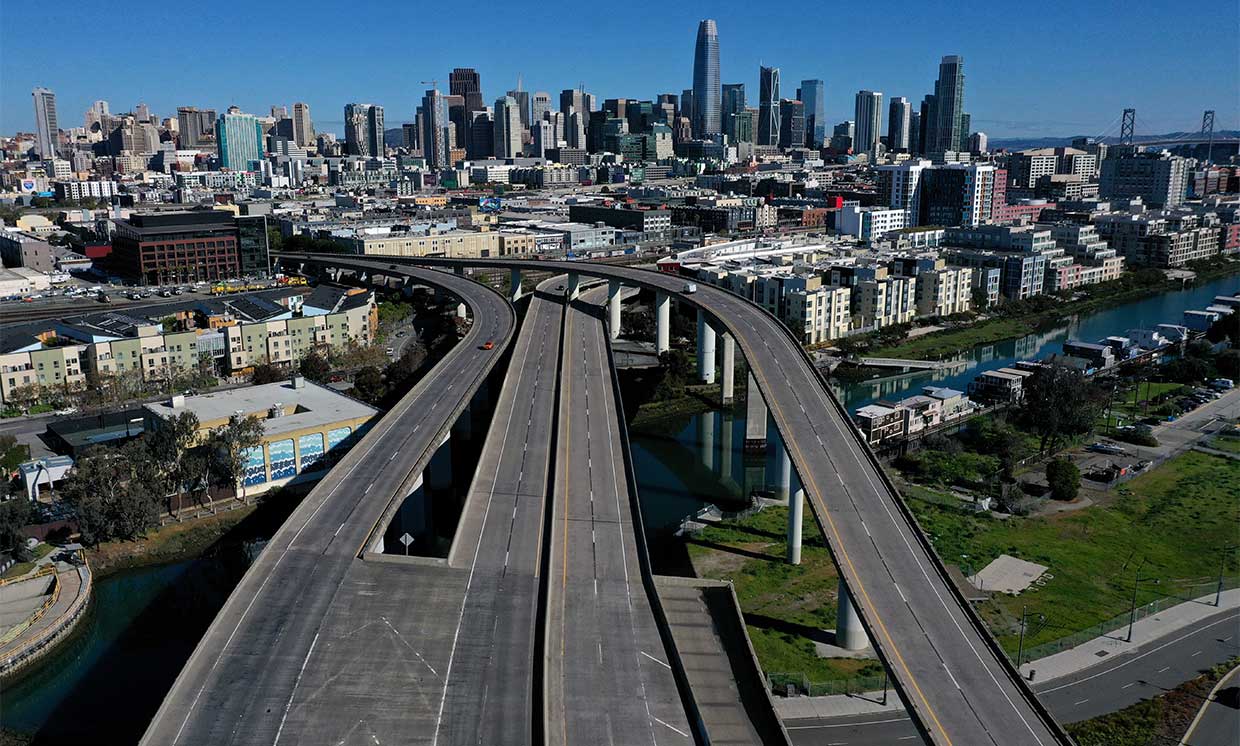
Coronavirus vs. Climate Change
July 23, 2020 | Thor Benson (IEEE Spectrum)
Whether their state is opening up or locking down again, Americans are generally staying home more during the COVID-19 pandemic. One result has been a significant reducation in greenhouse gas emissions, which could be as much as 7% lower in 2020 that they were in 2019. What remains to be seen is if we’ll be able to keep emissions at this level once the pandemic is over and people return to a more regular lifstyle.
Featuring Mikhail Chester, an associate professor at Arizona State University and other faculty voices, the article discusses the potential changes in workforce lifestyle and the impact on infrastructure.
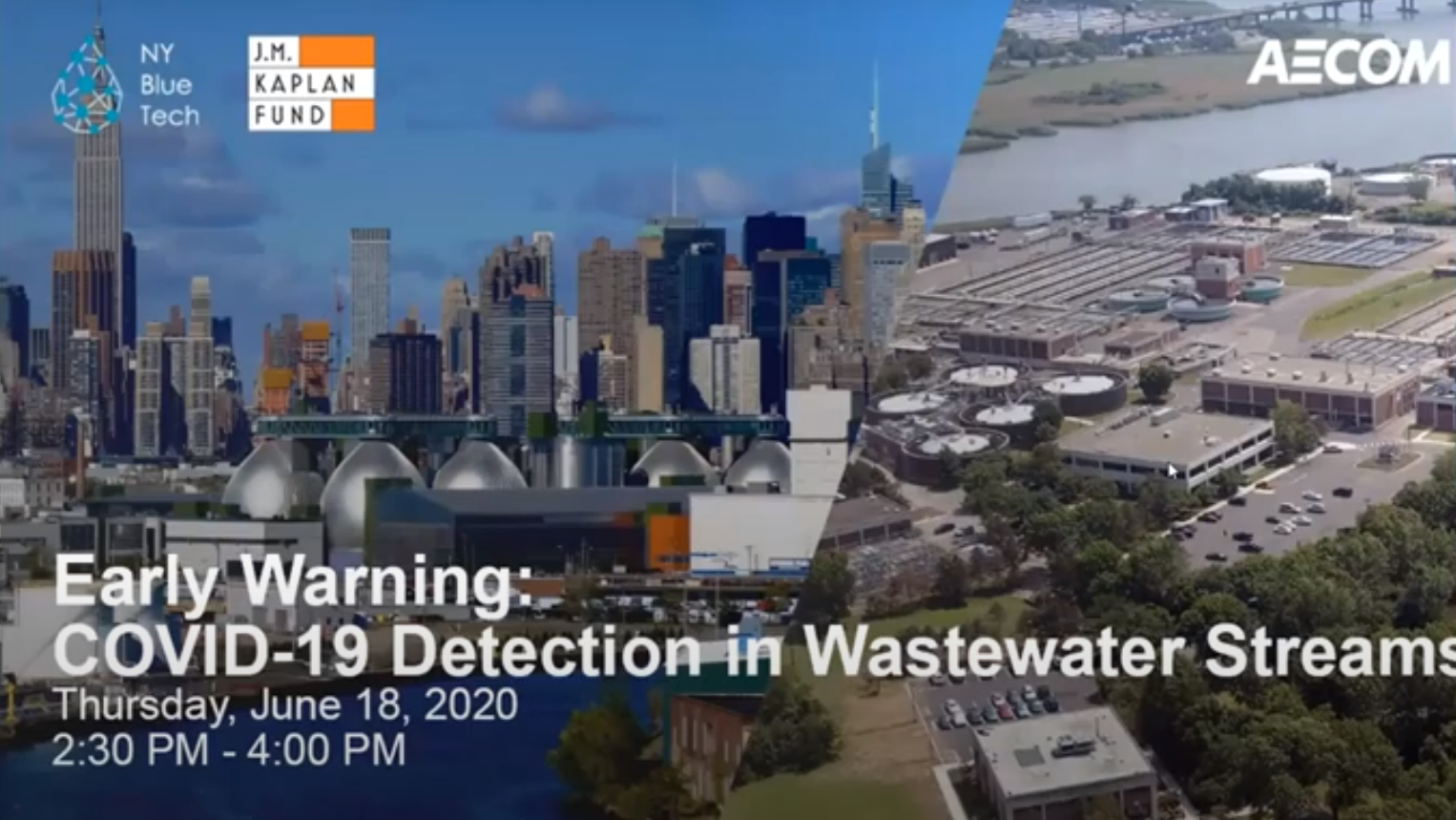
Video: AECOM/Kaplan Foundation Webinar on Wastewater Analysis
June 18, 2020 | Rolf Halden (AECOM Wastewater Testing)
Studies have confirmed that SARS-CoV-2, the virus that causes COVID-19, is present in wastewater streams- up to two weeks in advance of reported medical cases. As the only leading indicator, wastewater analysis can serve as an early warning system to quickly establish the presence of the virus before symptoms emerge in the general population. An expert panel discusses how this data can help identify emerging hot stops and anticipate the potential reemergence of the virus in order to inform public health decisions and guide testing and contact tracing.
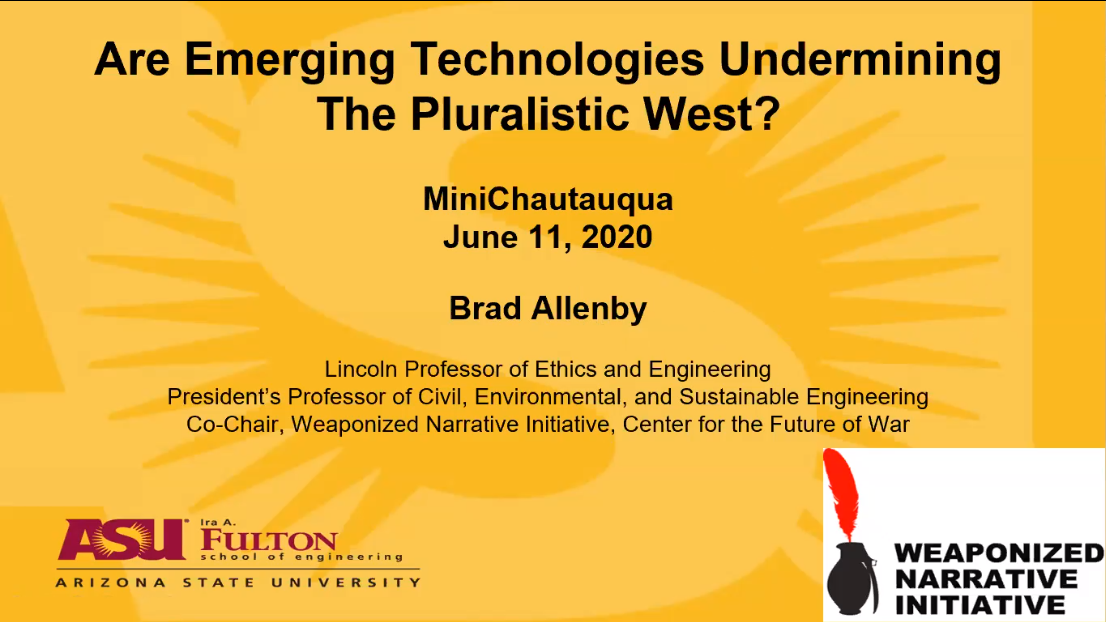
Video: Are Emerging Technologies Undermining the Pluralistic West?
June 11, 2020 | Brad Allenby (Webinar)
Dr. Allenby discusses the impact of emerging technologies and their relation to government’s advancements. The webinar provides a discussion of integral institutions and their abilities in addressing, or not addressing, the development of technologies.
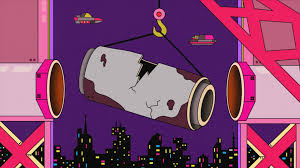
Our Infrastructure is Being Built for a Climate that’s Already Gone
June 1, 2020 | Shayla Love (Vice News)
Our drain pipes, reservoirs, power lines, roads, sewage systems, and more are all designed based on past climate data. But with the climate crisis comes the uncomfortable realization that the past can’t predict what we’ll in the future.
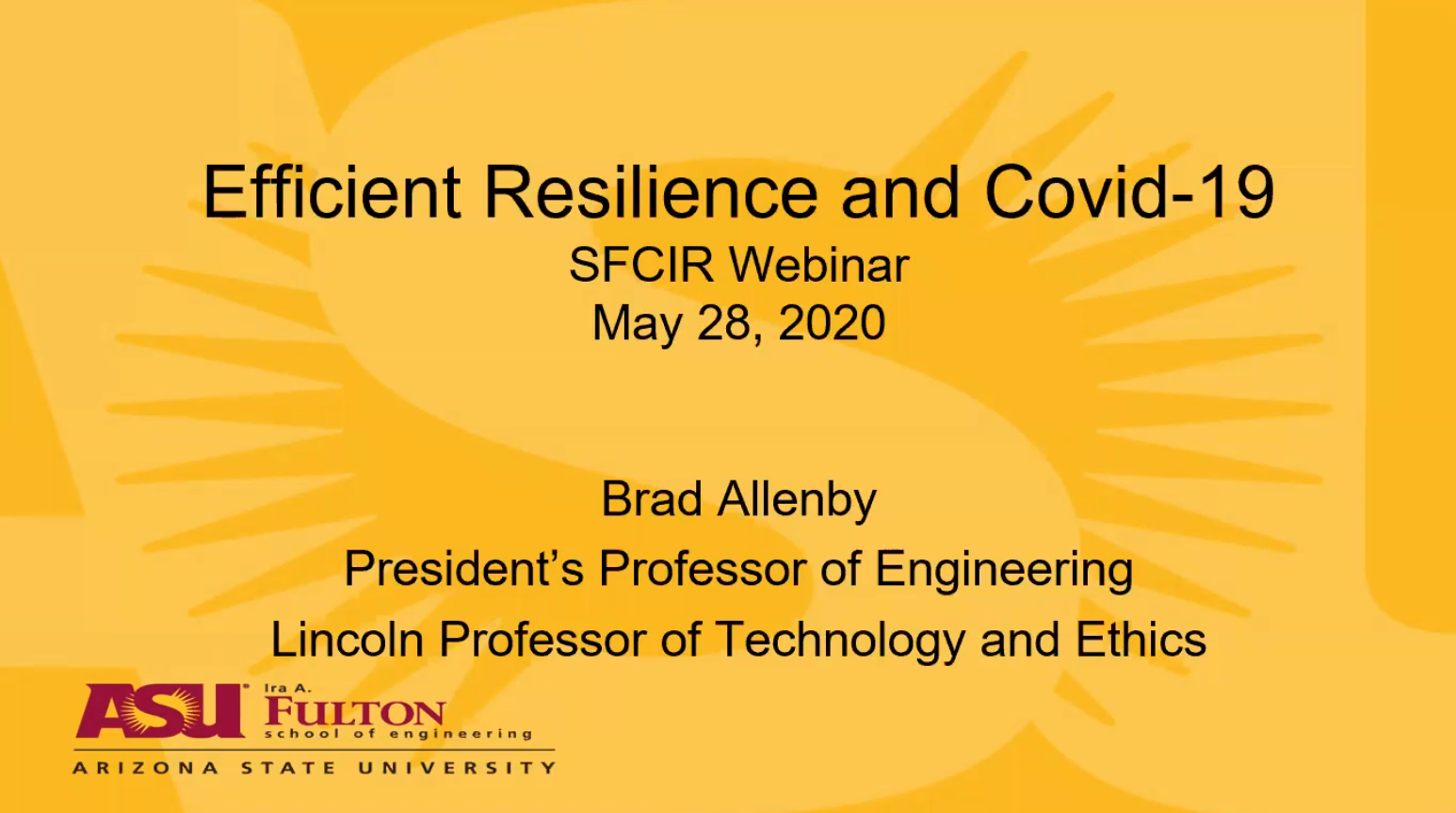
Video: Efficient Resilience and Covid-19
May 28, 2020 | Brad Allenby (SFCIR Webinar)
With a second wave of COVID-19 predicted to occur, the infrastructure response to the disease will need to revise methods to mitigate a larger impact on the United States. Dr. Allenby discusses the drivers of efficient reseilience and how systems, like the medical infrastructure, can benefit from implementing these new methods.
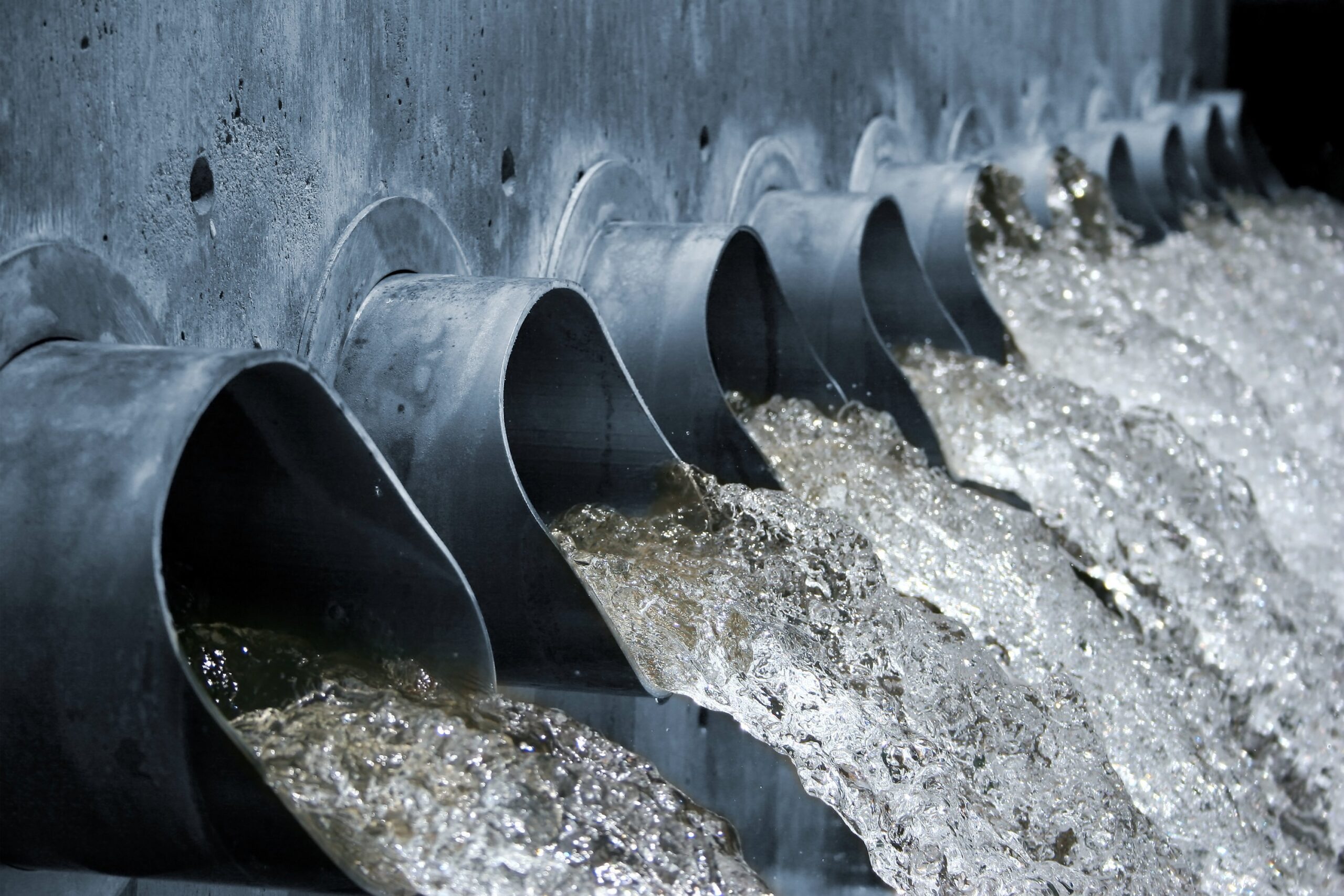
Video: Exploring Paths to Cheap, Big-Scale Sewage Testing as a COVID-19 Hot Spot, Tracker
May 27, 2020 | Rolf Halden (Sustain What Podcast)
New work shows a path to testing wastewater as a potential broad-scale and cheap way to identify community hot spots for SARS-CoV-2, the virus behind the COVID-19 pandemic… We discuss a new Yale study that, while not yet through peer review, supports earlier work showing the potential to use wastewater monitoring as an early-warning system- a vital means of focusing more intensive testing and public-health interventions.
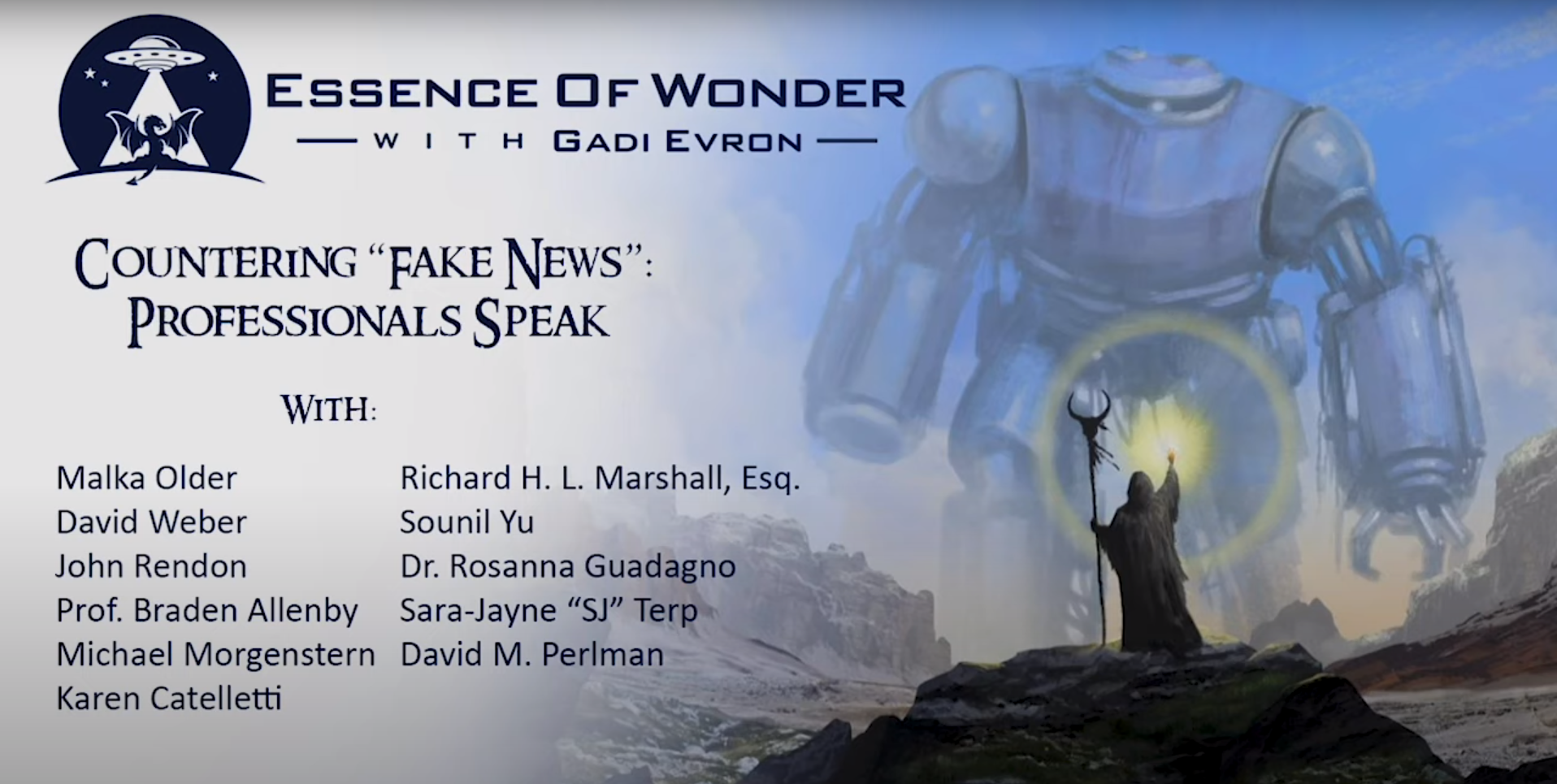
Essence of Wonder with Gadi Evron: Countering “Fake News”, Part 1 (Society and Policy Panel)
May 21, 2020 | Brad Allenby & Panelist (Essence of Wonder YouTube channel)
Professionals in the field of influence operations (“Fake News”) joined Gadi Evron, Sounil Yu, Malka Older, and special guest David Weber to discuss how disinformation can be countered from an operational standpoint, as well as its effects on society and policy.
Part 1 of the episode includes the society and policy panel moderated by Malka Older, with John Rendom, Prof. Braden Allenby, Richard Marshall and special guest David Weber.
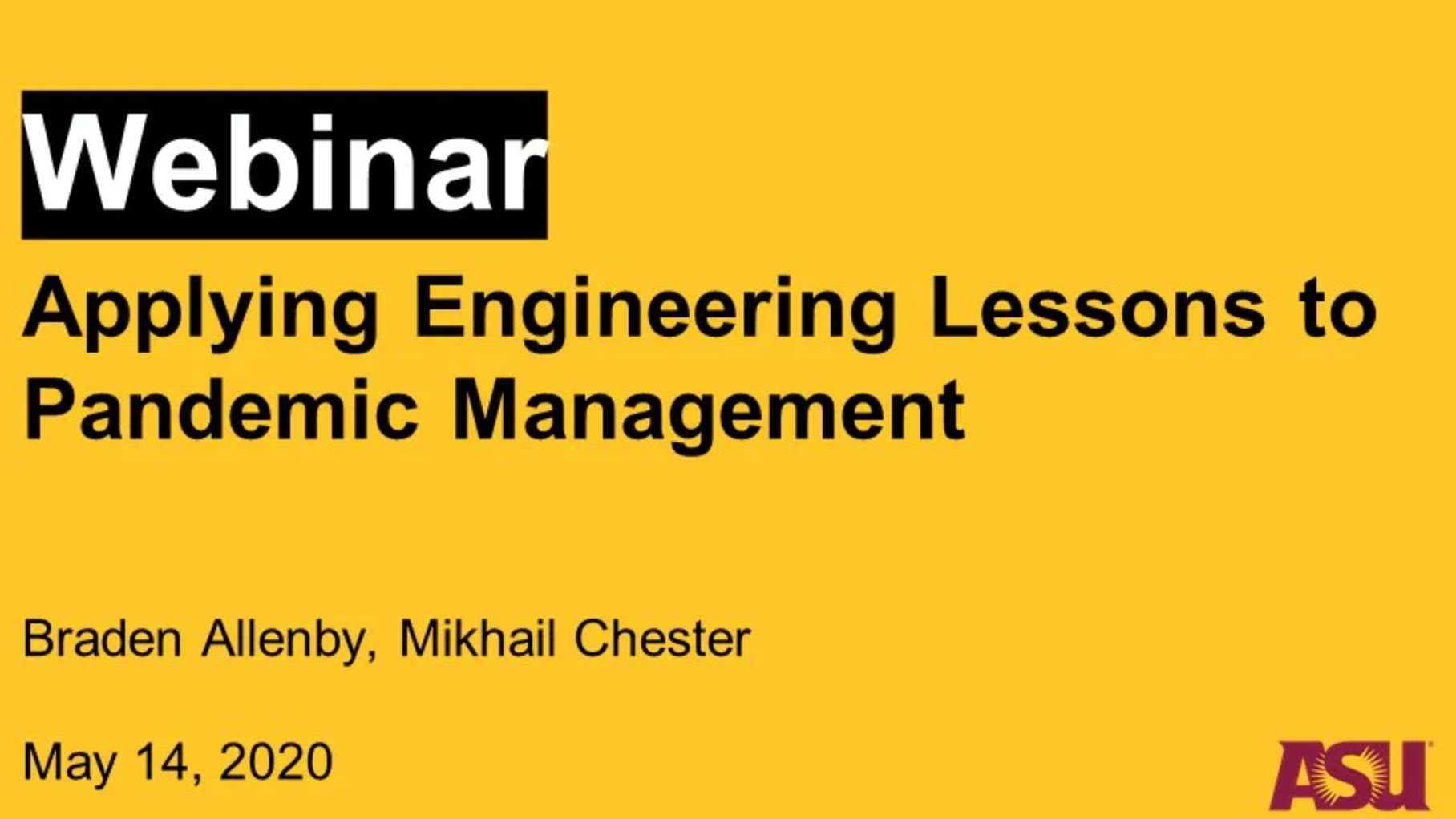
Video: Applying Engineering Lessons to Pandemic Management
May 14, 2020 | Brad Allenby & Mikhail V. Chester (Issues)
The COVID-19 pandemic has produced challenges that are commonly dealt with in engineering in the United State. Policy responses to the pandemic could be improved with lessons from other types of infrastructure, and by investing in “efficient resilience” when it comes to medical infrastructure. Engineering professors Braden Allenby and Mikhail Chester take a close look at how engineered systems such as electric power, communications and transportation infrastructures deal with peak load, disaster recover, and partial failure to offer ideas for building greater resilience into the US medical system and infrastructures that provide critical services during pandemics.
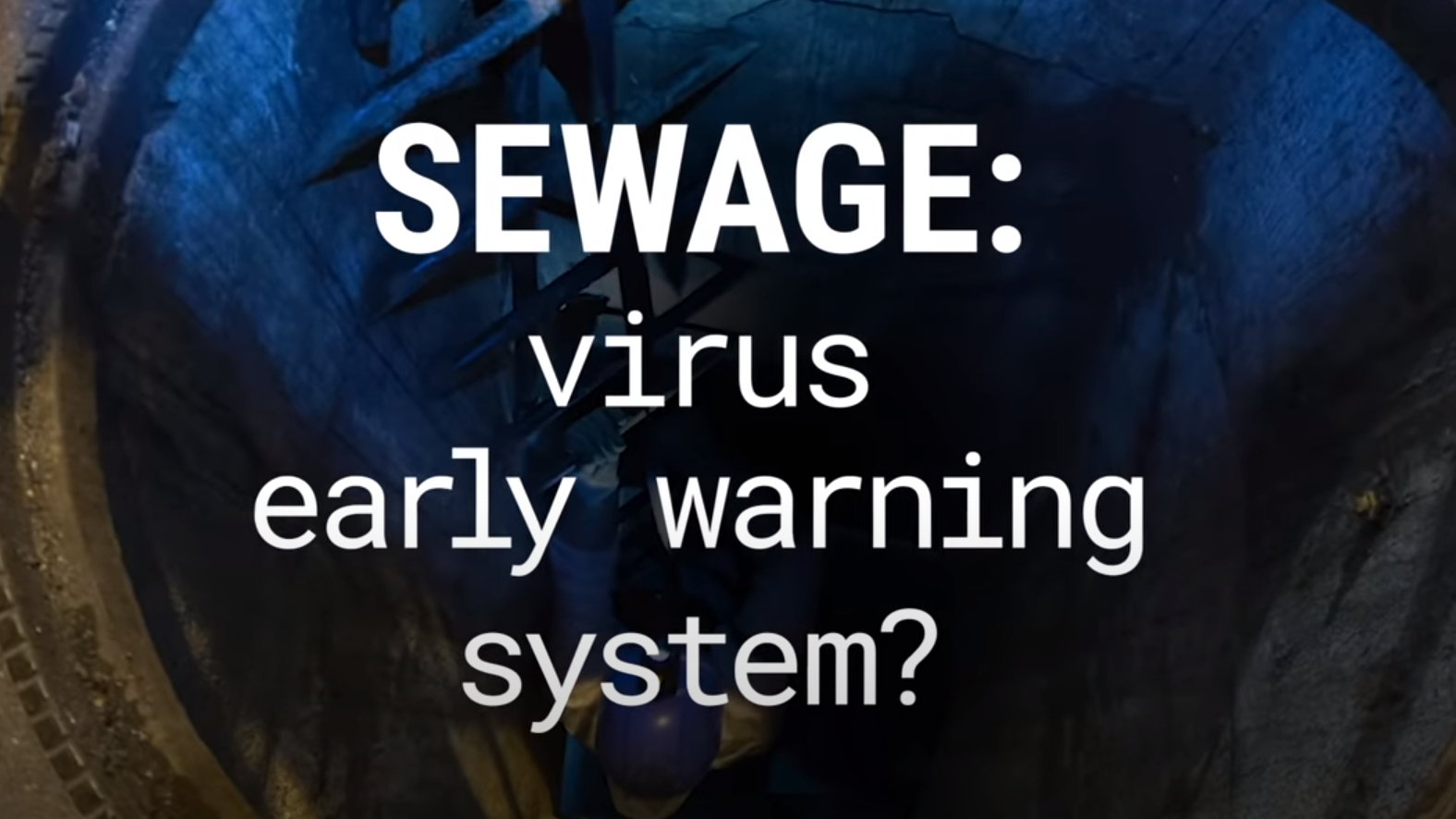
Video: COVID-19 Innovations: The Sewage Solution to Tracking Pandemic Patterns
April 23, 2020 | Rolf Halden (Sustain What Podcast)
You’ve heard of the microbiome within us. Well there’s also a macrobiome connecting us, from sneezes to excrement. That’s why a new hunt is under way around the world for ways to use wastewater testing to track the coronavirus causing the COVID-19 pandemic.
Join Andy Revkin of Columbia University’s Earth Institute in conversation with Rolf Halden, director of the Center for Environmental Health Engineering at the Biodesign Institute of Arizona State University; Jeff Schlegelmilch, deputy director of Columbia’s National Center for Disaster Preparedness and Angela Rasmussen, a virologist at Columbia’s Mailman School of Public Health.
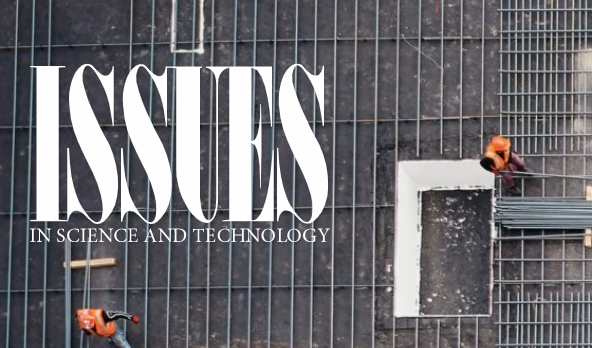
April 21, 2020 | Brad Allenby & Mikhail V. Chester (Issues)
Like many professors, who have been trying to explain (online, of course) to our undergraduate engineering students the United States’ botched response to the COVID-19 pandemic. And they rightfully raise the question, So what would you have done? In the course of this dialogue, we have realized two things. One, COVID-19 may be a new pandemic, but it’s also a variation of a basic engineering challenge that extends across all infrastructure. Two, experience drawn from existing engineering practices and institutions may help the nation do much better than it has so far.
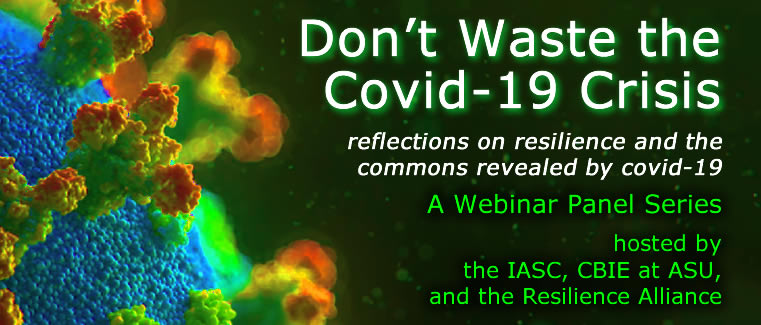
Video: What does a post-covid-19 world look like?
April 20, 2020 | Brad Allenby & David Manuel-Navarrete (YouTube Channel, IASC Commons)
A webinar panel series entitled “Don’t Was the Covid-19 Crisis: Reflection on Resilience and the Commons Revealed by Covid-19” co-hosted by the International Association for Study of the Commons (IASC), the Resilience Alliance, and the Center for Behavior Institutions and the Environment (CBIE). Organized by Marco Janssen, Marty Anderies, and Mike Schoon.
Our first panel discussion of the series “What does a post-covid-19 world look like?” featuring Brad Allenby and David Manuel-Navarrete.
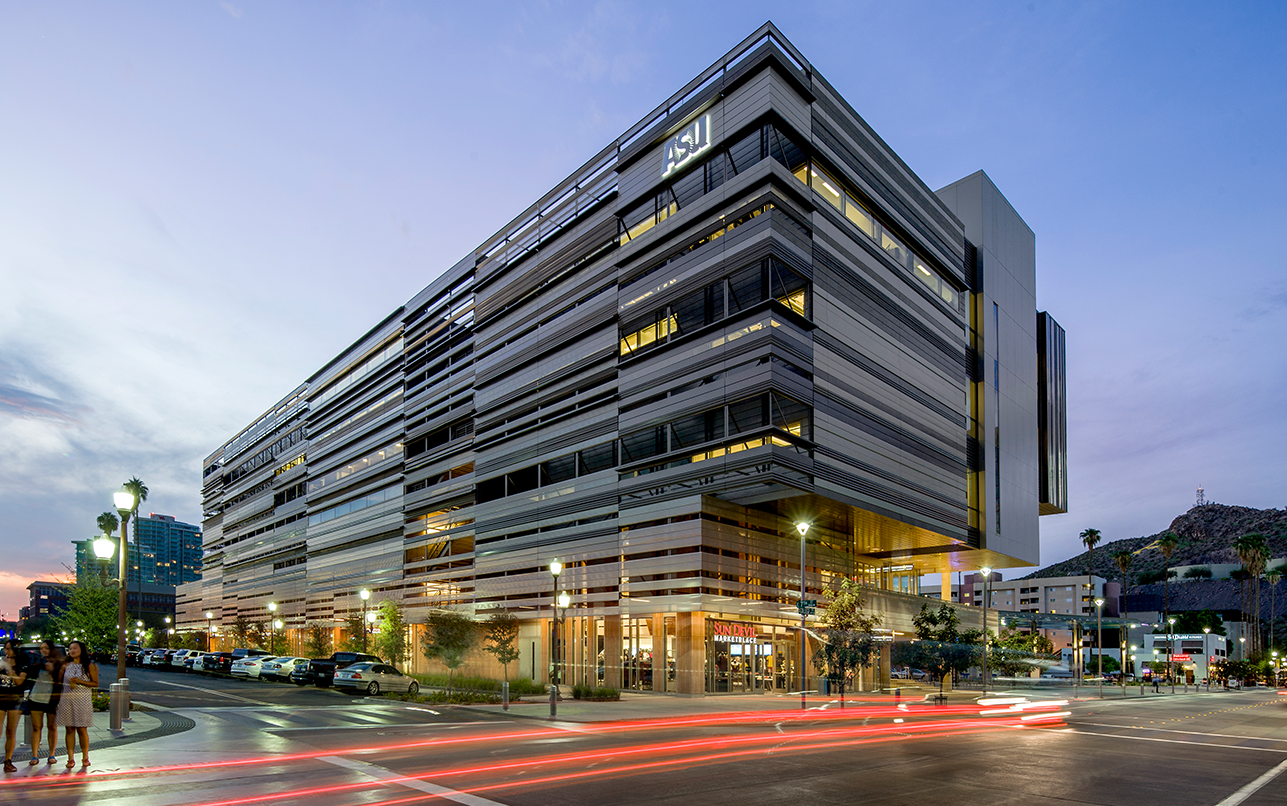
The Long View: COVID-19 Impacts on Human Activity-Travel Patterns (Part 2)
April 20, 2020 | Ram Pendyala (Medium.com)
An arguement can be made that people are learning and adapting to a whole new way of living — one that is characterized by low levels of personal travel, high degree of remote/virtual activity engagement (including working and schooling), and extensive use of online shopping and ordering to enable delivery of goods, services, and food. This experience, and the awareness of a whole new lifestyle that it has engenedered, may lead to significant behavioral changes that advance a more sustainable future. While the argument is appealing and only time will tell the extent to which this will hold true, we probably can’t and shouldn’t count on it happening to any significant degree. Here’s why …
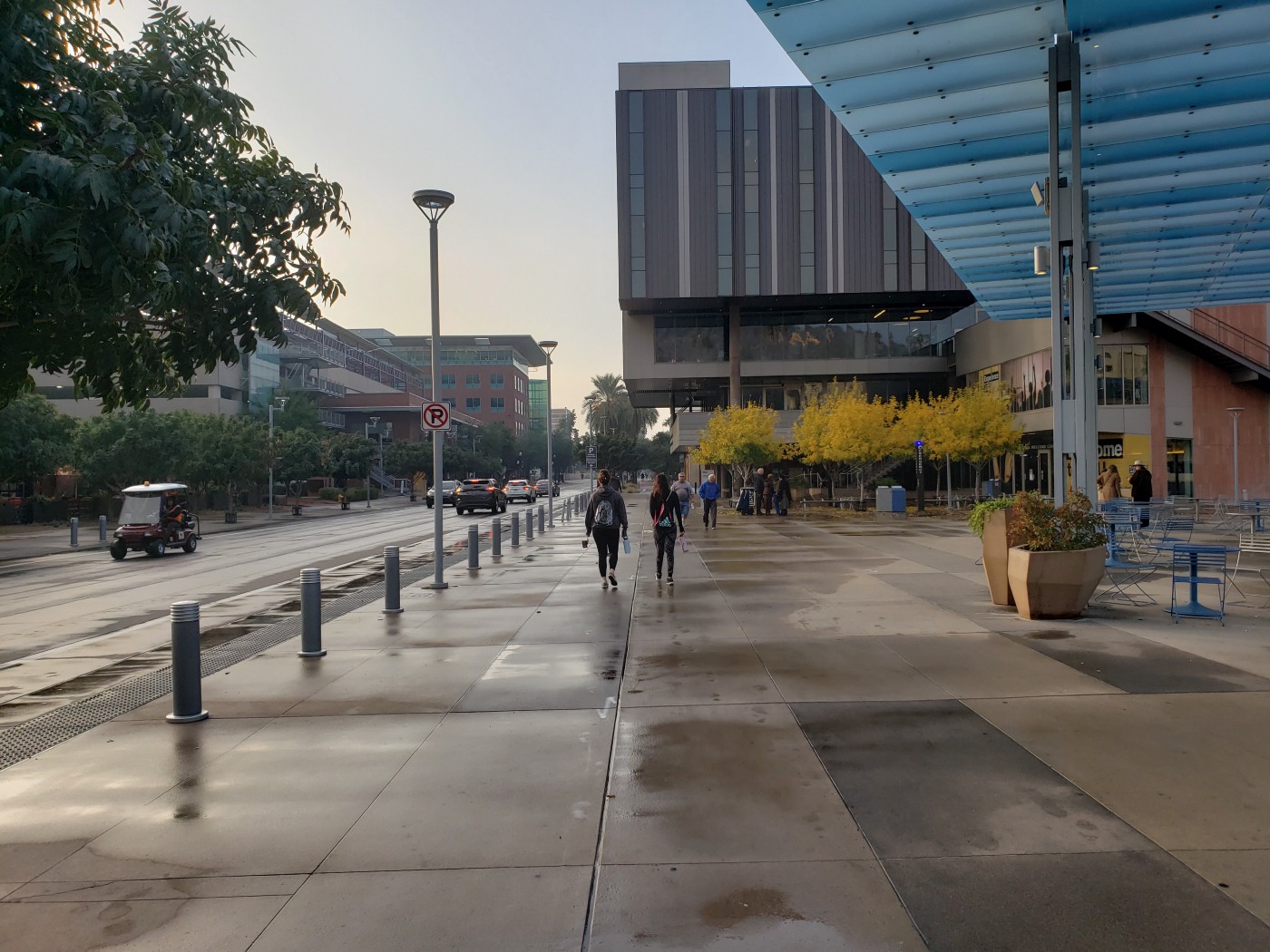
The Long View: COVID-19 Impacts on Human Activity-Travel Patterns (Part 1)
April 19, 2020 | Ram Pendyala (Medium.com)
The bottom line is that the virus has brought about unprecedented changes to communities and lifestyles, upending traditional ways in which the vast majority of people have conducted business, engaged in work, and shopped for goods and services for the better part of the century. Perhaps it can be argued that, “once we get through this, cities as we know them will be changed forever”.
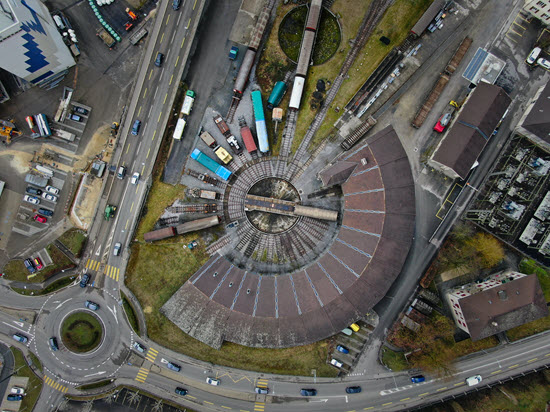
What COVID-19 Has Taught US About Our Infrastructure
April 14, 2020 | Brad Allenby, Mikhail V. Chester & Thaddeus Miller (ASCE News)
Brad Allenby, Ph.D., Aff.M.ASCE, Mikhail V. Chester, Ph.D., A.M.ASCE, and Thaddeus Miller, Ph.D., are engineers, professors and groundbreaking researchers at Arizona State University. In today’s Member Voice article, they write about how the COVID-19 pandemic has already taught us important lessons about adapting and transforming our infrastructure systems.
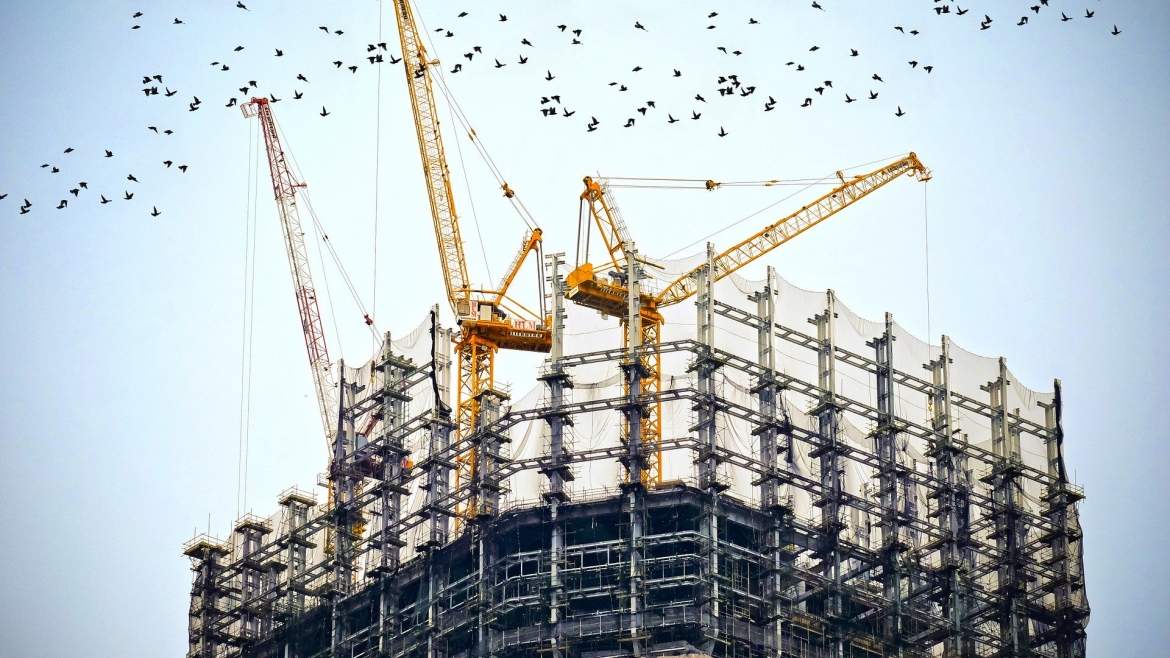
Fulton Schools faculty take a constructive view of COVID-19
April 6, 2020 | Gary Werner (ASU Now)
According to the governor’s order, essential activities range from health care provision to food distribution — and also construction. Consequently, work continues on building sites across the state, but there are questions about worker safety and future prospects for the industry.
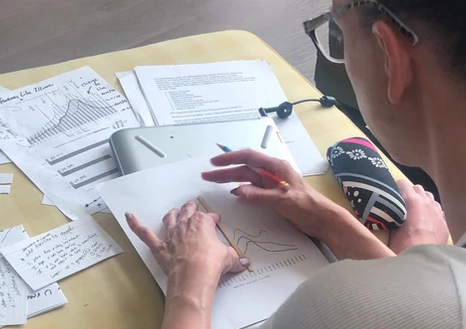
April 5, 2020 | AJ Kay & Thomas P. Seager (The Morozko Forge)
More than half of the U.S. states have instituted lockdown measures in response to the spread of the COVID-19 virus. These policies are justified as an effort to “flatten the curve,” a phrase coined by Dr. Howard Markel, a pediatrician, and professor of medical history at the University of Michigan.
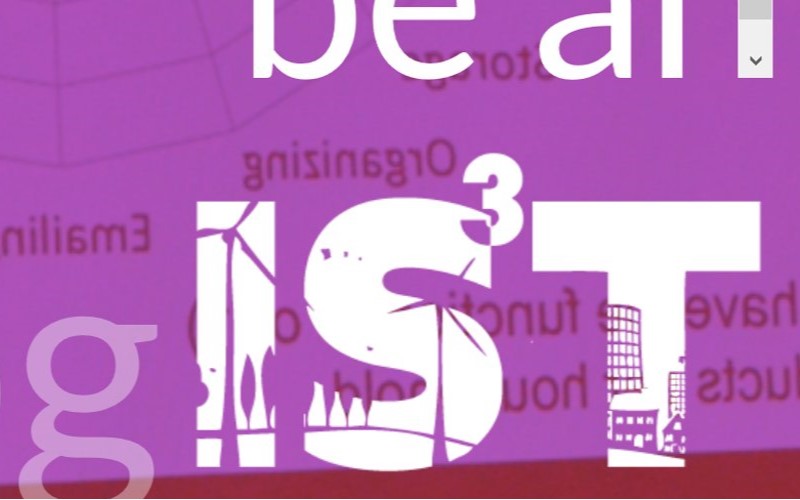
Video: Moral Perspectives on the COVID-19 Pandemic
April 3, 2020 | David D. Woods, Sidney Dekker & Thomas P. Seager (YouTube Channel, ISSST Network)
The ISSST2020 video Keynote Conversation series with Woods, Seager, and Alderson is complete, and you can view the playlist on the ISSST YouTube Channel. The final installment, featuring Dr. Sidney Dekker, explores moral perspectives on COVID-19 response.
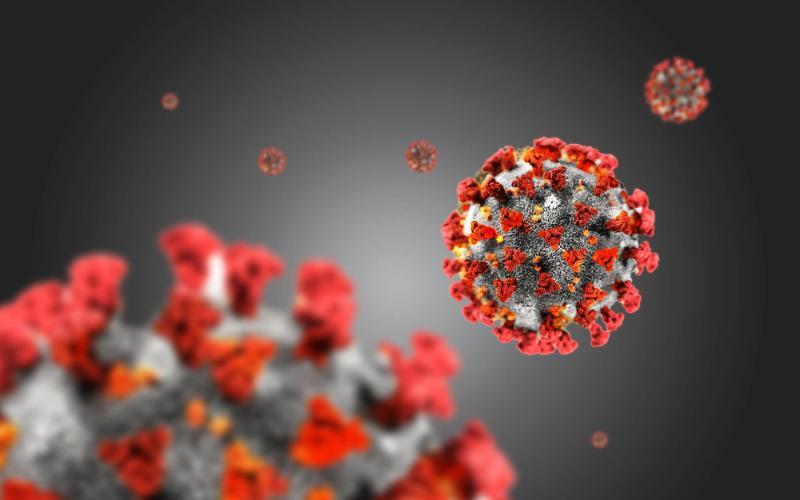
ASU, UA researchers look for traces of COVID-19 in Tempe and Tucson wastewater
April 2, 2020 | Paulina Pineda (Arizona Republic)
Arizona State University researchers in Tempe are looking for traces of COVID-19 in wastewater, which could serve as an early warning system of the virus’s spread in communities.
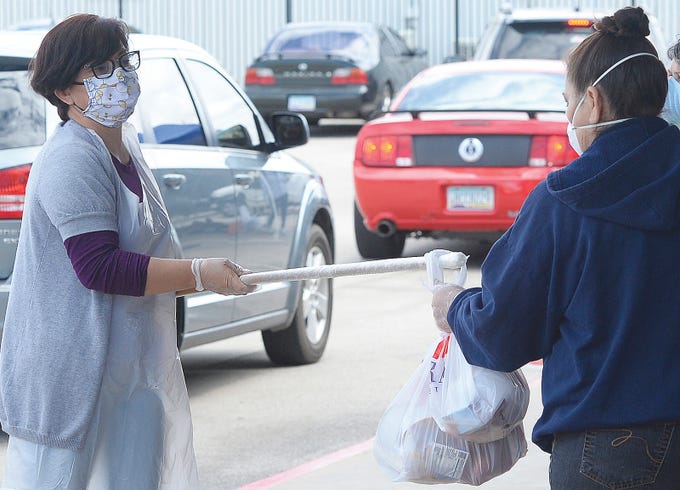
EPA releases a list of disinfectants that can help you fight the new coronavirus
April 1, 2020 | Debra Utacia Krol (Arizona Republic)
To help find the right products, the Environmental Protection Agency has released its latest list of disinfectants that meet the agency’s criteria for use against the new coronavirus. EPA recommends looking for the EPA registration number on the label, especially when examining products with brand names that differ from what’s on their list. Both commerical and consumer prodcuts are on the list.
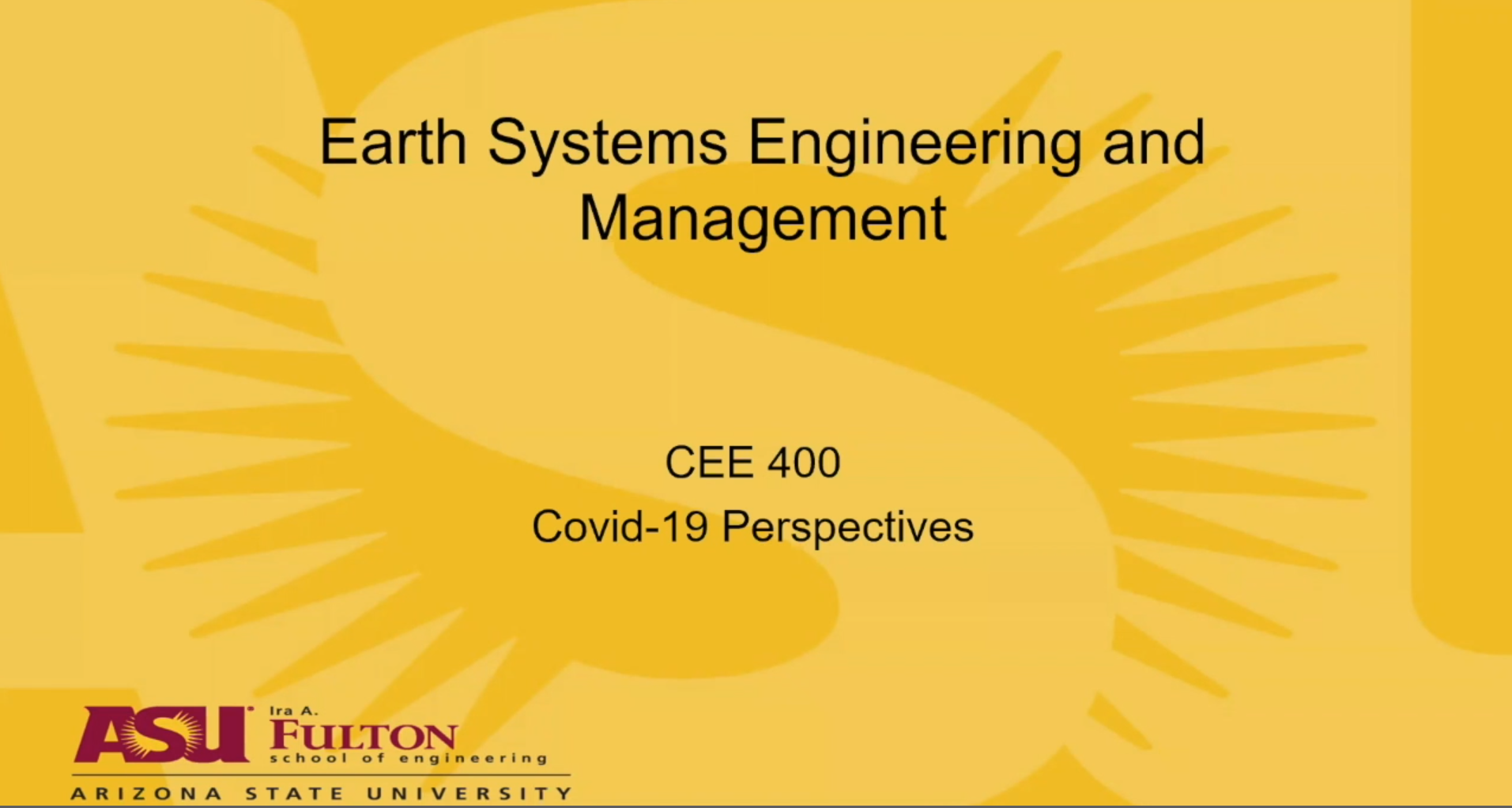
CEE 400 Lecture: Earth Systems Engineering and Management, Covid-19 Perspectives
March 31, 2020 | Brad Allenby (ASU Ira A. Fulton Schools of Engineering)
Dr. Allenby’s CEE 400 lecture discusses broadly the relationship of COVID-19 with Earth System Engineering and Management concepts. Recognizing what COVID-19 is and the implications on the human, natural and integrated systems, Dr. Allenby discusses how the perspective as an engineer is applicable to fighting the pandemic currently and in the future.
“Approching this as an engineer or technologist and you will get a different perspective on COVID-19… As a problem solver, you need to be able to fully engaged at the human level… But you also need to step back and lock at it objectively because looking at it objectively is where you begin to get answers and begin to understand what’s going on.“
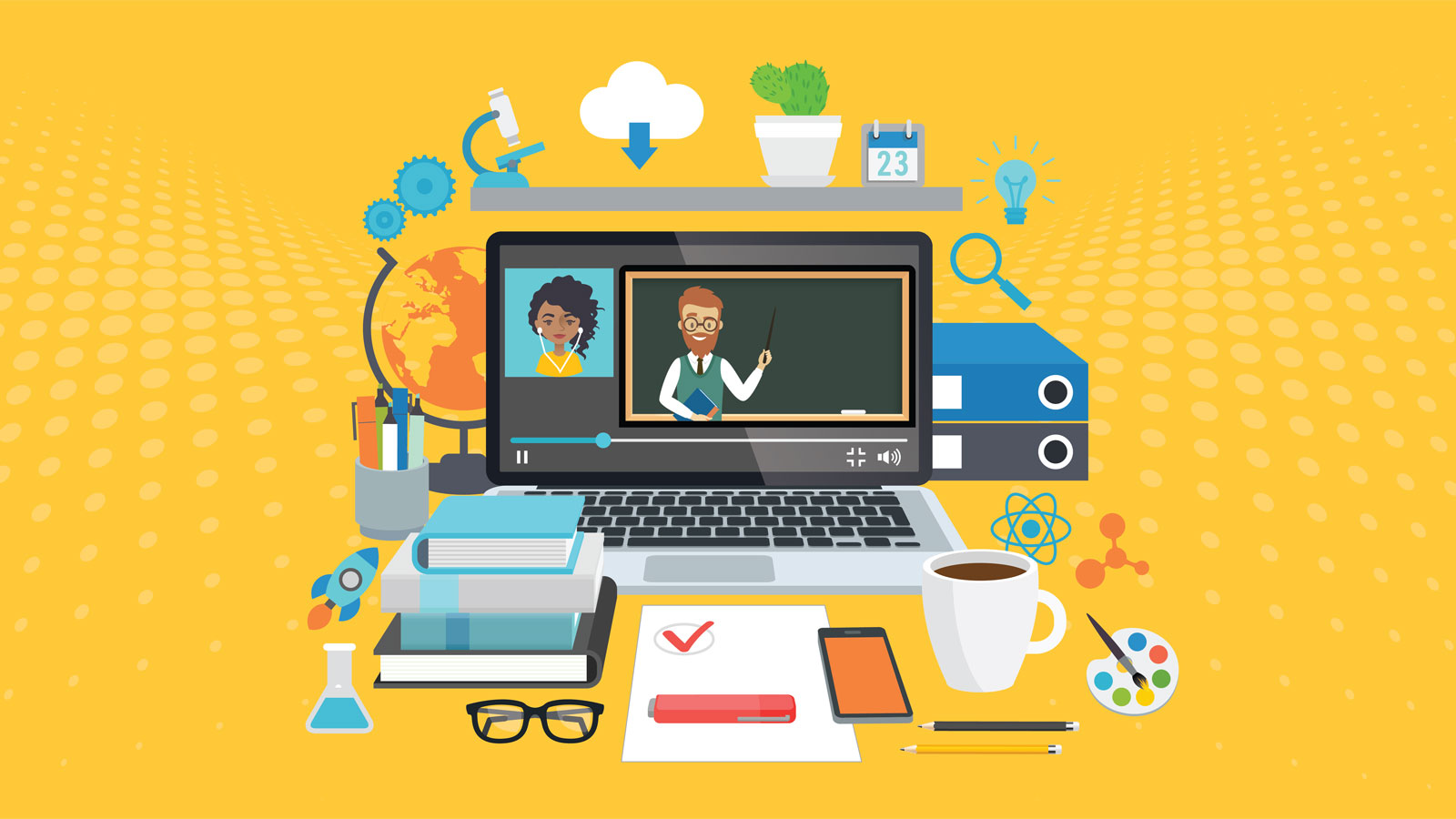
ASU Engineering Students, Faculty, and Staff Find Success in a New Digital Environment
March 30, 2020 | Monique Clement (ASU FullCircle)
The transition to distance learning likely has some students missing the daily interaction with their peers, faculty and other university staff. However, the online video conferencing tool Zoom helps bring facetime to digital classes, while the instant messaging platform Slack encourages conversation with the ASU community. Nontraditional tools like the livestreaming platform Twitch have even helped some instructors keep their classes engaging.

Could coronavirus permanently impact our ‘daily commute’ habits?
March 25, 2020 | Megan Thompson (Arizona Republic)
“Generally, traffic tracks with the economy.” said Ram Pendyala. “And so it’s a very positive thing to have people moving about, engaging and interacting and taking advantage of all the land use environment offers.”
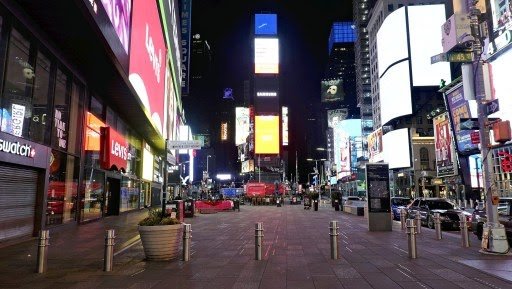
How our cities can reopen after the COVID-19 pandemic
March 24, 2020 | Richard Florida & Steven Pedigo (Brookings)
As the dreaded coronavirus rips across the globe, city after city has locked down, transforming urban business centers, suburban malls, and other public spaces into ghost towns. This is not the first time this has happened—since time immemorial, cities have been epicenters of communicable diseases.
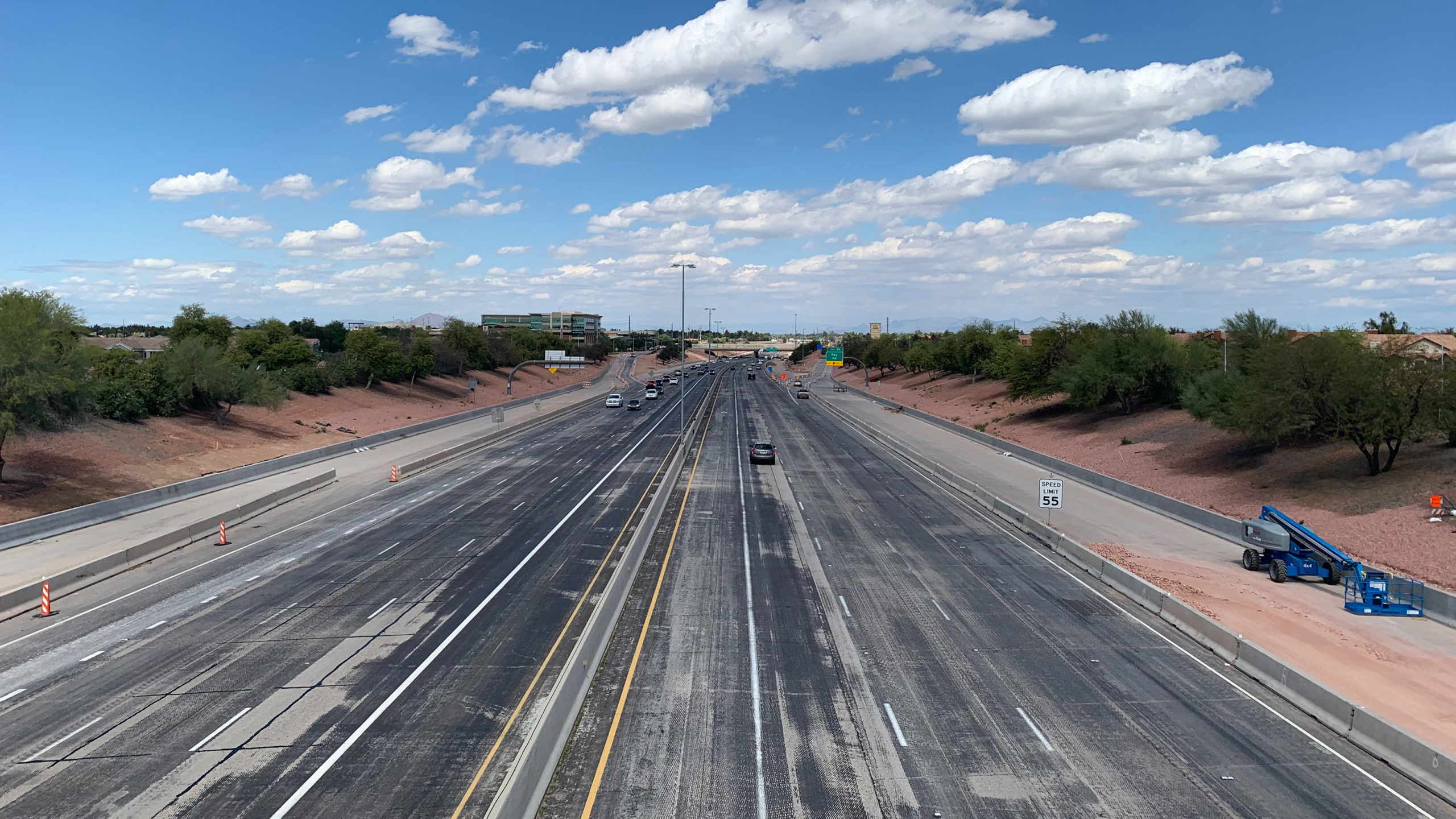
COVID-19 May Alter the Future of How We Navigate Work and Leisure
March 24, 2020 | Gary Werner (ASU FullCircle)
“Many people are working remotely as part of social distancing measures to combat COVID-19,” says Ram Pendyala, director of the School of Sustainable Engineering and the Built Environment at Arizona State University. “And that mandated isolation certainly has an impact on human activity. From a transportation perspective, it means reduced traffic and energy consumption, cleaner air and less weat and tear on our roads – all good things for sustainability”.